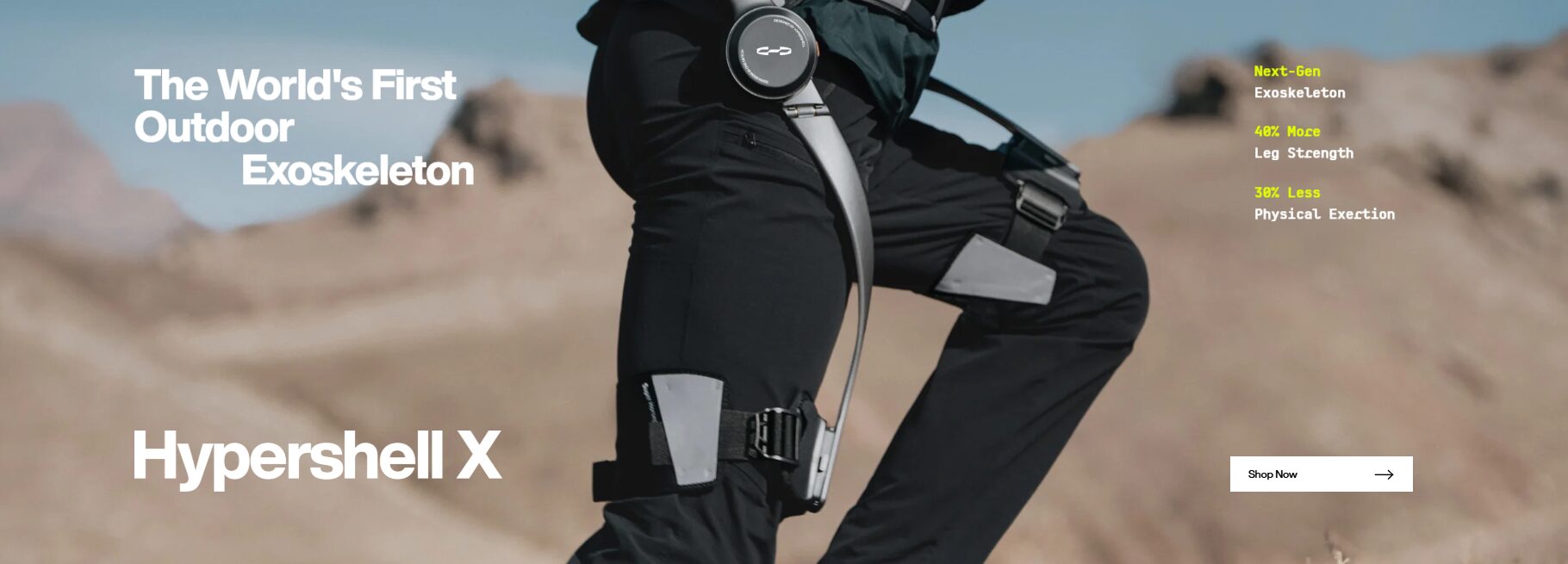The airlines now require this to prove (a) the lithium content (b) that the batteries conform with the UN Manual of Standards for batteries (which all airlines globally now use as the standard).Download the PDF document for the required battery, print out and keep with your battery.
DJI AGRAS T10 Material Safety Data Sheet
DJI AGRAS T30 Material Safety Data Sheet
DJI AGRAS T40 Material Safety Data Sheet
DJI FPV Material Safety Data Sheet
DJI Mini 2 Material Safety Data Sheet
DJI Mini 3 – 34-minute standard Material Safety Data Sheet
DJI Mini 3 Pro 47 mins Material Safety Data Sheet
Mavic Air 2 Material Safety Data Sheet
Matrice 300 TB60 Material Safety Data Sheet
Matrice 350 TB65 Material Safety Data Sheet
Matrice 30 TB30 Material Safety Data Sheet
Matrice 600 pro TB47s Material Safety Data Sheet
Inspire 2 Material Safety Data Sheet
Matrice / Inspire 2 TB50-4280mAh-22.8V-International-MSDS report
Matrice 200 Series TB55 Material Safety Data Sheet
DJI CrystalSky-Cendence WB37 Material Safety Data Sheet
DJI Phantom 4 pro High Capacity Material Safety Data Sheet
Phantom 4P high capacity battery
DJI Mavic Pro Material Safety Data Sheet
DJI Mavic 3 Material Safety Data Sheet
DJI Mavic 2 Pro Material Safety Data Sheet
Lithium Battery Guidance Document
Travelling With LiPo Batteries and Your Drone
DJI Spark Material Safety Data Sheet
Inspire 1 TB47 and TB48 Material Safety Data Sheet
How to carry batteries safely
Watch the CASA safety video – to learn how to carry everyday batteries safely.
Batteries under 100Wh rating
- The batteries that power your phone, laptop and camera are usually under the 100 watt-hour (Wh) rating.
- If you’re carrying a spare battery that’s not in one of these devices, it must be in your carry-on baggage only.
- Spare batteries, regardless of their size are not to be carried in checked luggage.
Lithium-Ion batteries 100-160Wh rating
- These are more powerful batteries and can be found in industrial equipment such as power tools and mobility aids between 100 and 160Wh.
- You must have approval from your airline before flying.
- If the battery is installed in a device, it can be carried in either checked or carry-on baggage.
- If the battery is spare – that is, the battery is by itself and not contained in equipment – it must be in your carry-on baggage only.
- Spare batteries, regardless of their size are not to be carried in checked luggage.
- There is a limit of two spare batteries per person. These batteries must only be packed in carry-on luggage and should have their terminals individually protected to minimise the risk of contacting other metal objects in your luggage.
How to protect your battery from short circuits
Short-circuiting batteries have been responsible for numerous on-board fires, so it’s important that all spare batteries have their terminals protected properly.
You can do this by:
- Keeping batteries in original retail packaging or
- Insulating the battery terminals by taping over exposed terminals or
- Placing each battery in a separate plastic bag or protective pouch.
We also demonstrate these techniques in our safety video above.
Lithium-Ion batteries 160Wh rating and above
- You can’t carry lithium batteries above 160Wh unless they are for wheelchairs and other mobility aids.
- These batteries must be transported as declared dangerous goods cargo.
Please contact your airline for guidance.
What’s your watt-hour rating (Wh)?
- Most modern batteries have the watt-hour rating (Wh) displayed on their casing so you can see how powerful they are.
- Some older models might not have their watt-hour rating clearly displayed but you should be able to see the voltage and amp hour which will make calculating the watt-hour simple.
- To calculate your battery’s watt-hour rating, you multiply the voltage (V) by the amp-hour (Ah).
- For example, a 12 volt battery with a 5 amp hour rating will be 60 watt-hours. V x Ah = Wh.
- If the battery is rated in milli-amp hours (mAh), divide your final answer by 1000 to arrive at the watt-hours. V x mAh / 1000 = Wh. For example, a 6 volt; 2500 mah battery will be 6 x 2500/1000 = 15 Wh.


















